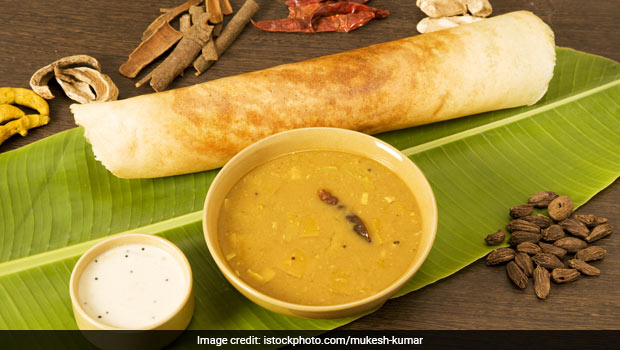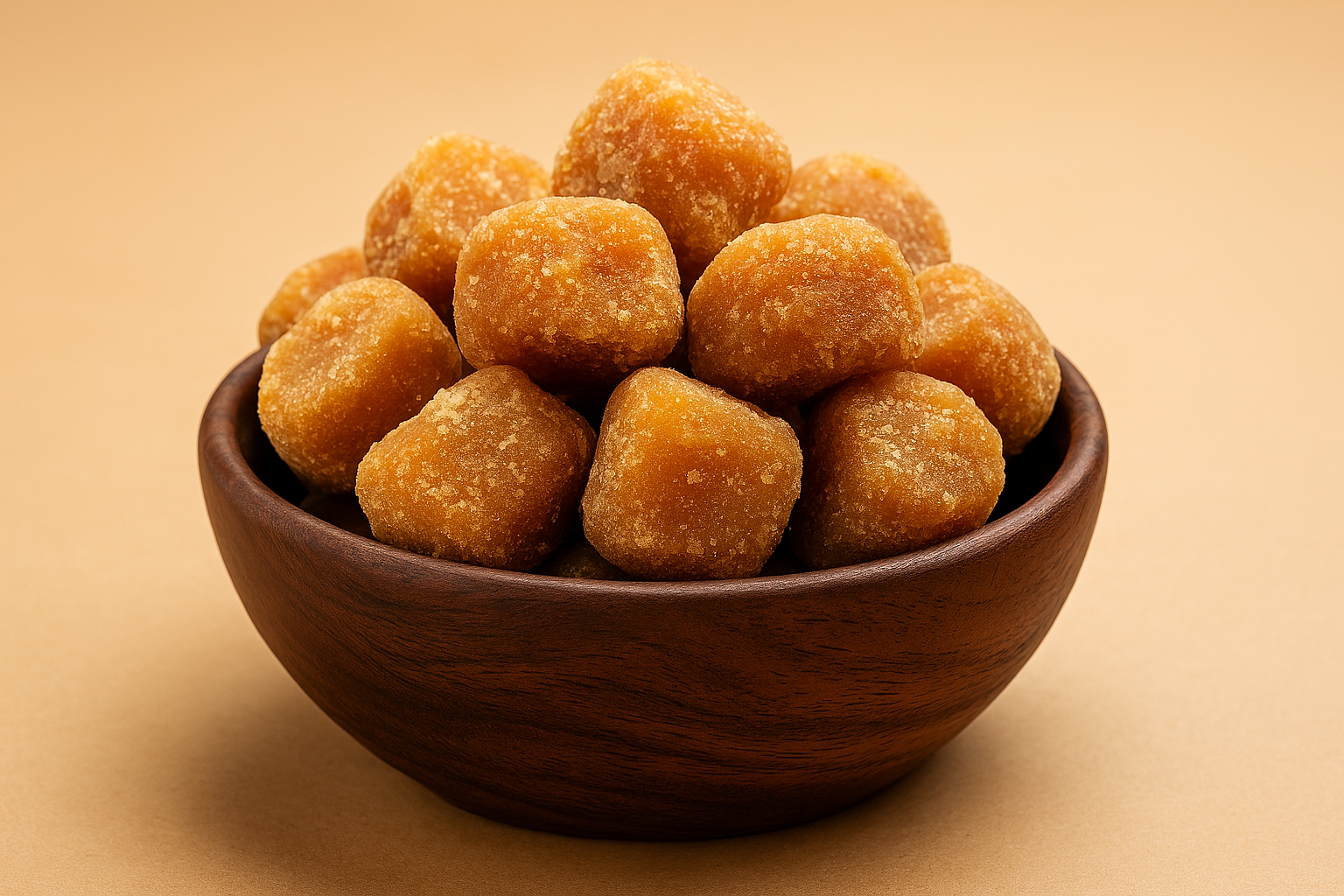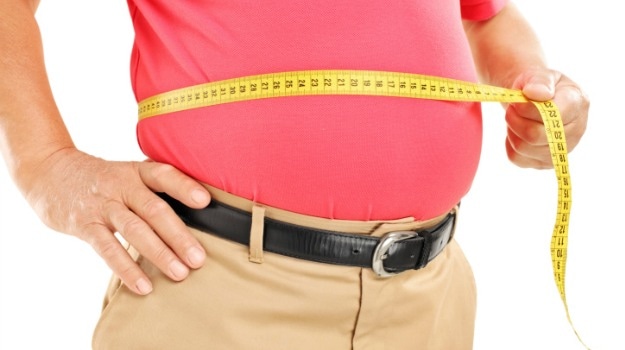(Time for Tea: Five Types of Teas that Can Help an Upset Stomach)
The remedies for bloating extend from homeopathic to allopathic to even naturopathy. Some health experts suggest green tea, ginger with warm water, coriander seeds soaked in warm water, cucumber or coconut water. But the remedies can be more effective once you know what's causing you to bloat. And for this reason, we've listed out a few reasons that could have triggered this uncomfortable condition.
(How to Reduce Bloating: 8 Tummy Shrinking Foods)
1. Irritable Bowel Syndrome
Look out for: On and off bloating and symptoms such as pain, constipation and/or diarrhoea.
Irritated Bowel Syndrome (IBS) is a very common functional disorder of the bowel. Bloating is a usual side effect of IBS and it's a bit unclear what exactly triggers it. It also tends to worsen in the evening causing those suffering from this awful condition to often abstain from lunch, just to feel a bit better.There is actually no cure for IBS, but the symptoms can be managed to a great extent. According to Dr. Simran Saini, Nutritionist at Fortis Hospital-Delhi, "IBS is being diagnosed in both men and women due to faulty eating habits. Any food item can irritate the bowel and kick start the condition. There are frequent motions and dehydration, which causes to the tissue in the lower part of the abdomen to swell up in effort to retain the water."
(New Study Offers Insight Into IBS Treatment)
To combat IBS caused bloating, it is imperative to drink plenty of fluids, ingest soft food and constantly replenish electrolytes. Ditch cereal fibres like oats, muesli, cereal bars, digestive biscuits etc to ease symptoms and instead take probiotic curd and tablets that offer relief.(Could this be the Reason Behind the Rising Cases of Inflammatory Bowel Disease?)
2. Coeliac Disease or Gluten Intolerance
Look out for: Constant tiredness, weight loss backed by no apparent reason and abdominal pain.
Coeliac disease is caused by an adverse reaction to gluten found in wheat, barley, rye and all the food products which contain them. So this basically means that you need to lay off things like pasta, bread, crackers, cookies, cakes, cereal, beer and sometimes even gravies, dressings and sauces.(Celiac Disease, a Common, but Elusive, Diagnosis)
Coeliac disease displays an array of symptoms, most of them common with a variety of other conditions, leading a lot of people to believe that they aren't affected by it and many to go undiagnosed. While gluten-free diets are almost a fad today, with gluten-free alternatives available for almost all food products, it's not an easy condition to live with.
It is an autoimmune disease, causing the body to attack gluten when consumed, mistaking it for a threat - similar to an allergic reaction. This reaction causes an oedema to take place in the body, causing it to bloat up. Dr. Simran Saini says, "The reaction subsides on its own but the only permanent relief from coeliac disease is to strictly follow a gluten-free diet."
3. Hormonal Fluctuations
Look out for: Bloating in the early stages of pregnancy or when you are premenstrual.
All the ladies, young and old, have periodically cursed their bodies for this one. During pregnancy or at the premenstrual stage, the level of the progesterone hormone in the body is high. It is this hormone that causes retention of water in the body and also has a hand in slowing down digestion, making food pass slowly through the body and causing bloating and possibly constipation.
While it's an unavoidable part of pregnancy, ingesting more of healthy food and antioxidants can help. It also helps to sit in particular postures and exercise regularly. Even a walk for 30 minutes a day can make a considerable difference.
4. Flatulence
Look out for: A lot of passing of wind, but no other particular symptoms.
Flatulence or passing wind is a completely normal process but can often be embarrassing. Indigestion in the body causes a build-up of air, which is then passed out, often more than 15 times a day and even unnoticeably. It can be triggered by long periods of starvation, faulty eating habits and consuming too much spicy food. It also leads to bloating.
Dr. Simran Saini clarifies, "More often than not, lactose intolerance is the cause for flatulence and bloating. The condition is very common in Asians, particularly Indians, and in females over the age of forty. It is important to cut down on milk and stick to curd and paneer, which are digested forms of milk."
A few dietary changes are all that are needed to avoid the discomfort. Common culprits are non-absorbable carbohydrates which include beans and pulses, broccoli, prunes, apples and foods containing the sugar-substitute sorbitol. It is also important to chew the food properly to avoid indigestion. Dr. Saini also advises drinking plenty of water, having small meals every two hours, avoiding tea or coffee and just generally following a healthy diet full of fruits and fibres.
5. Ovarian Cancer
Look out for: Persistent bloating along with abdominal pain and perpetual feeling of fullness.
Ovarian cancer often displays symptoms that are vague, making it difficult to diagnose at an earlier stage. A key symptom is perpetual bloating accompanied with persistent abdominal pain, difficulty in eating and urinary symptoms. While these symptoms may also match up to other, less serious conditions, it is important to get it checked out.(Tea and Citrus Fruits May Protect You from Ovarian Cancer)
Dr. Saini explains, "Bloating during ovarian cancer can be caused by the swelling of tissues because of the hormonal balance and by the strong medications that are given for the cancer's treatment. The discomfort can be eased by taking plentiful of fluids and antioxidants."





